
Church Cinema(2009)
In the summer of 2007, Gan Xiaoer led an independent film projection team, using projectors and self-made screens, to tour villages in Henan province to show his feature film "Raised from dust" for 8 times, and recorded the process. The 81-minute version of Church Cinema records only one stop, the Qiliying Church, where "Raised from dust" was shot.
Movie: Church Cinema
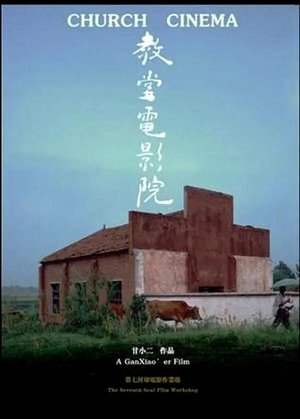
教堂电影院
HomePage
Overview
In the summer of 2007, Gan Xiaoer led an independent film projection team, using projectors and self-made screens, to tour villages in Henan province to show his feature film "Raised from dust" for 8 times, and recorded the process. The 81-minute version of Church Cinema records only one stop, the Qiliying Church, where "Raised from dust" was shot.
Release Date
2009-01-01
Average
0
Rating:
0.0 startsTagline
Genres
Languages:
普通话Keywords
Similar Movies
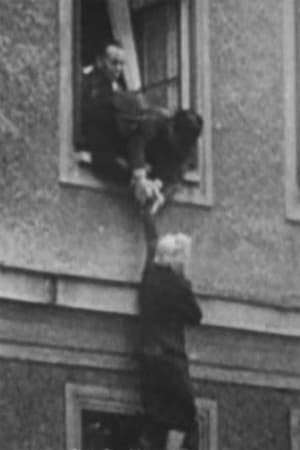 6.0
6.0King of the Jews(en)
King of the Jews is a film about anti-Semitism and transcendence. Utilizing Hollywood movies, 1950's educational films, personal home movies and religious films, the filmmaker depicts his childhood fear of Jesus Christ. These childhood recollections are a point of departure for larger issues such as the roots of Christian anti-Semitism.
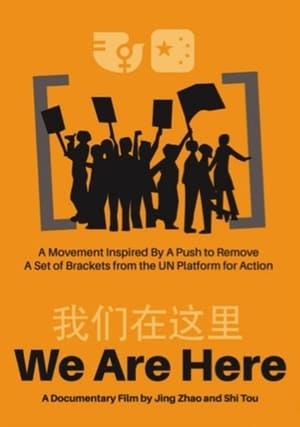 7.0
7.0We Are Here(zh)
What happens when 300 lesbians from around the world attend the largest United Nations conference? How did two busloads of lesbians headed to an underground nightclub help spark the birth of a lala (LBT) movement in China? At the 1995 Fourth World Conference on Women in Beijing, the first ever lesbian tent at an UN NGO Forum was created. Emerging from hidden shadows of shame and invisibility, Chinese lalas began a hard-fought path of deliverance from themselves, from family, and from an apprehensive environment. In doing so, they sought empowerment and change as they explored concepts and issues from self-affirmation to rights consciousness. The film powerfully moves forward to the present day and shows the drastic change in today’s young feminist lalas – their challenging of sexism and homophobia with daring public street actions on subways – a parallel action to their forerunners in 1995, with much vigor and defiance 20 years later.
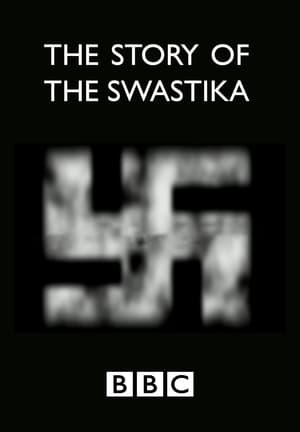 0.0
0.0The Story of the Swastika(en)
In the week when Hindus celebrate the holy festival of Diwali, this documentary tells the story of one of their faith's most sacred symbols - the swastika. For many, the swastika has become a symbol synonymous with the Nazis and fascism. But this film reveals the fascinating and complex history of an emblem that is, in fact, a religious symbol, with a sacred past. For the almost one billion Hindus around the world, the swastika lies at the heart of religious practices and beliefs, as an emblem of benevolence, luck and good fortune.
 6.7
6.7Full Metal Village(de)
The film describes the microcosmos of the small village Wacken and shows the clash of the cultures, before and during the biggest heavy metal festival in Europe.
 3.0
3.0Pathway(zh)
Xu Xin’s film “Dao Lu” (China 2012) offers an exclusive “in camera” encounter with Zheng Yan, an 83 year-old veteran of the Chinese Red Army, who calmly relates how he has navigated his country’s turbulent history over three-quarters of a century.Born to a wealthy family in a foreign concession, Yan joined the Chinese Communist Party (CCP) in 1941 because he sincerely believed in the socialist project, and in its immediate capacity to free China from the Japanese yoke and eradicate deep-rooted corruption.
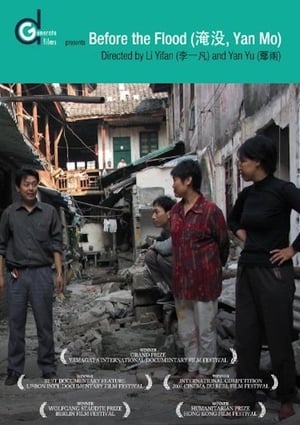 10.0
10.0Before the Flood(zh)
Before the Flood is a study of the final weeks of a dying city, as thousand-year-old Fengjie on the Yangtze River is reduced to rubble and its inhabitants uprooted to make way for the new Three Gorges Dam that will flood the entire valley.
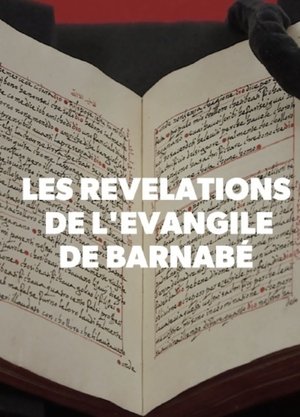 5.0
5.0Les Révélations de l'évangile de Barnabé(fr)
French documentary about the Aramaic Bible of Barnabas that was found in Turkey in 2012
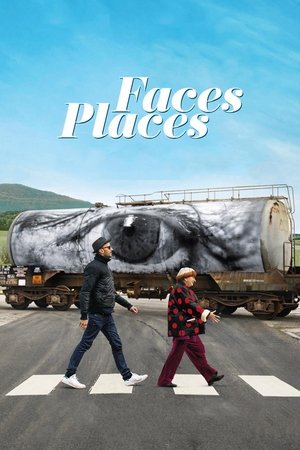 7.7
7.7Faces Places(fr)
Director Agnès Varda and photographer/muralist JR journey through rural France and form an unlikely friendship.
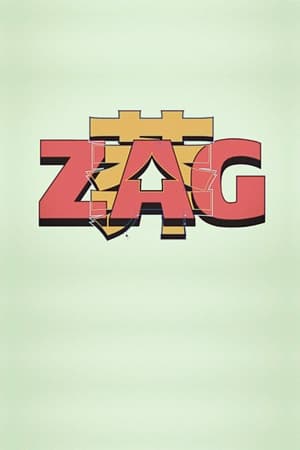 10.0
10.0Zhuang Alliance Group — Archived Live Stream(en)
Josh-awan Bulman details some highlights of the Zhuang Alliance Group's Style Guide.
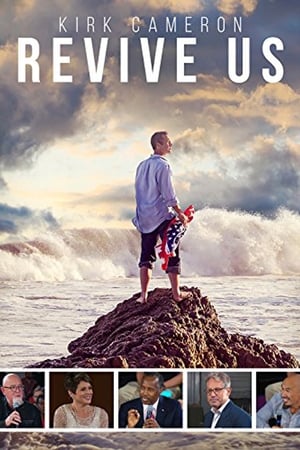 3.2
3.2Revive Us(en)
Are we in the last days of our great nation? Is it too late for America? Revive Us features worship, prayer, and thoughtful discussion as Kirk Cameron turns to Scripture to offer encouragement for our great nation. As Kirk says, 'When our family of believers gets together and the Spirit is moving, we are unstoppable!' Revive Us will have you believing this could be our finest hour!
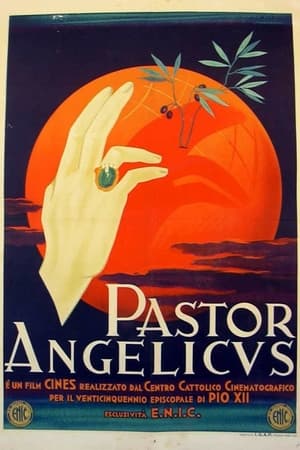 5.0
5.0The Story of the Pope(it)
The public and private life of Eugenio Pacelli, elected Pope Pius XII.
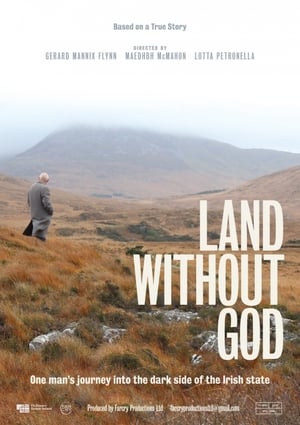 7.0
7.0Land Without God(en)
An intimate portrait of a family coming to terms with decades of institutional abuse and the impact it has had and is still having on their lives.
 7.6
7.6Twenty Two(zh)
Follow the lives of the elderly survivors who were forced into sex slavery as “Comfort Women” by the Japanese during World War II. At the time of filming, only 22 of these women were still alive to tell their story. Through their own personal histories and perspectives, they tell a tale that should never be forgotten to generations unaware of the brutalization that occurred.
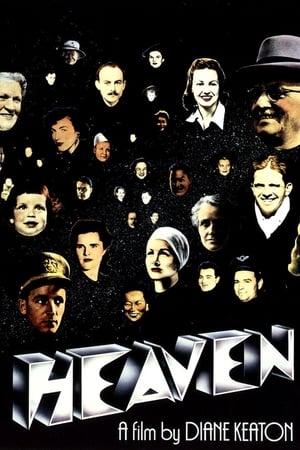 6.3
6.3Heaven(en)
A series of interviews are conducted concerning people's beliefs towards the possibility of an afterlife. The interviews are filmed against a set of strange backdrops, and are intercut with clips from classic films and a variety of stock footage.
 0.0
0.0I Am The Immaculate Conception(pl)
A group of eminent experts, including the Marian Fathers, analyze Greek texts of the Holy Scripture, revelations and the dogma of the Immaculate Conception. The result is a new interpretation of passages of the Scripture revealing Mary, the Mother of Christ, and her extraordinary role in the divine plan for the salvation of the world.
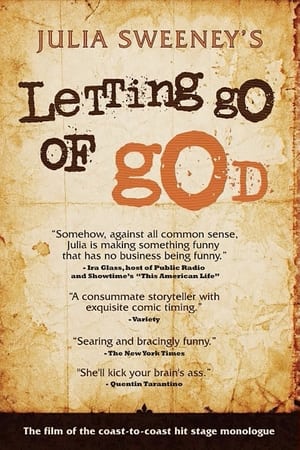 8.2
8.2Julia Sweeney - Letting Go of God(en)
Julia Sweeney's third autobiographical monologue, Letting Go of God takes the audience through her Catholic upbringing and how personal events in her life and that of her family led her to a disbelief in a personal universal deity.
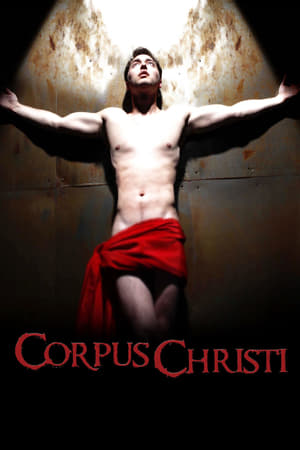 5.0
5.0Corpus Christi: Playing with Redemption(en)
Terrence McNally’s Corpus Christi is a play retelling the Jesus story, with Jesus as a gay man living in the 1950s in Corpus Christi, Texas. This documentary follows the troupe, playwright, and audience around the world on a five-year journey of Terrence McNally’s passion play, where voices of protest and support collide on one of the central issues facing the LGBT community: religion.
 6.4
6.4Pope Pius XII and the Holocaust(de)
A portrait of Pope Pius XII (1876-1958), head of the Catholic Church from 1939 until his death, who, during World War II, and while European Jews were being exterminated by the Nazis, was accused of keeping a disconcerting and shameful silence.
This Other Eden(en)
A study of England's history, with particular emphasis on the role religion has played in shaping the nation and its people. Includes scenes of Stonehenge, the sanctuary at Glastonbury, the fortress of Maiden Castle, and Bamburg Castle. (worldcat.org)
Saint Paul(en)
This one hour documentary, presented by former Olympian Jonathan Edwards, dissects the story of St Paul, and aimed to reveal the background to the story of Paul.